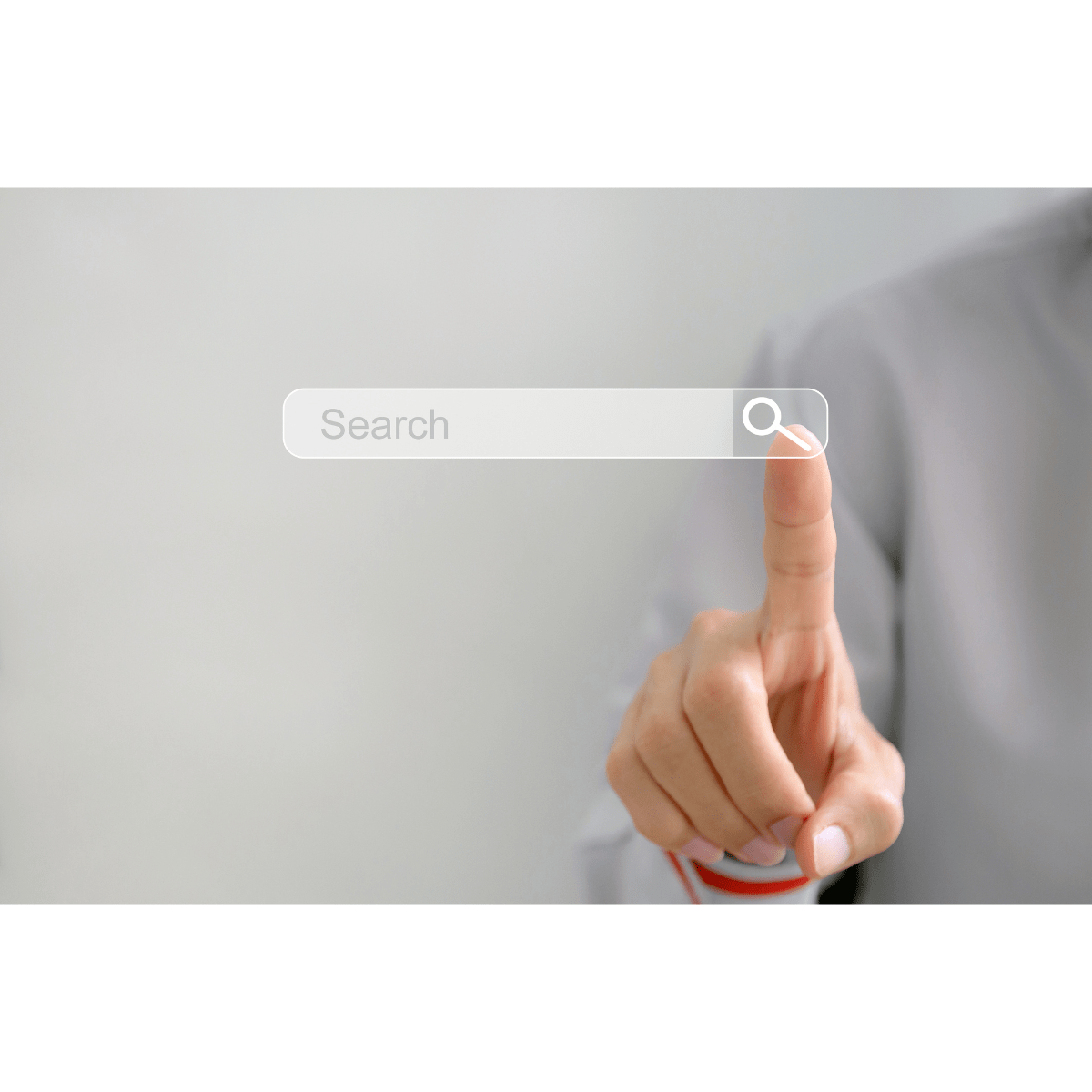Each new generation presents unique challenges when considering how best to effectively engage them. Communicating with Gen Z – those born between 1997 and 2012 – as with any generation before them, requires an understanding of who they are, where they can be reached and how they like to be engaged.
Pharma companies will be looking to build confidence in the industry among this generation so they can become trusted partners in their health. Here are Say’s five things to know when engaging with this often-misunderstood generation.
1. Gen Z are distrustful of traditional healthcare
Gen Z are increasingly turning away from traditional medicine in favour of a more wellness focused approach to their health. Dr Janet Barter president of the Faculty of Sexual and Reproductive Healthcare in an interview with The Times said that a ‘pressure to be natural’, inspired by wellness culture, is making Gen Z women reject the contraceptive pill in favour of more natural, hormone free alternatives such as fertility tracking apps. 1
It’s no secret that Gen Z spends a significant amount of time on social media. Many of them — according to research from the AI-powered fitness app Zing Coach —are turning to platforms like TikTok for health advice, 2 despite a report from Tebra research finding 45% of medical advice on this platform is false or misleading.3 Could it be because Gen Z, according to a report from PR company WPP, remain sceptical of pharma’s genuine care for their needs?4
To connect with Gen Z, pharma companies must recognise that this generation grew up online and are highly attuned to messaging that feels overly corporate or inauthentic. So, Gen Z are turning away from a traditional to a more all-encompassing vision of wellbeing that focuses on physical and emotional health.
2. The need for control
Gen Z have grown up with an abundance of information where anything can be found easily online. They have access to an unlimited amount of medical information and want some independence in controlling their healthcare journeys. Not only are Gen Z found to be spending more money than older generations on wellness, but they also exercise a level of control over their health by self-diagnosing and self-treating their health problems, particularly mental health issues. In a recent study of 1000 people,5 30% of Gen Z said they self-diagnosed using social media compared to 15% of baby boomers. Gen Z can be commonly found on Reddit, where the average age of a user is 23. You can listen into discussions taking place on Reddit forums with huge followings dispensing advice on medications,6 health advice7 and wellness.8
3. Putting a face to healthcare
Gen Z seeks a more personal connection when it comes to healthcare. They turn to healthcare influencers who fully embrace their audience, not just by sharing advice, but by providing the space for their viewers to share their own health journeys. Gen Z value being seen as individuals, not patients, as a result. Despite spending significant time on their phones, Gen Z still values in-person treatment. Their online experiences, particularly their exposure to misinformation, have made them more sceptical of telehealth services and online health advice, as shown in a global survey of 5000 adults aged 18-27 published in early 2025 by Burson.9
4. Short content isn’t king
While attention span issues aren’t exclusive to Gen Z, they are the group most mentioned in discussions about our declining attention. But the fact is that Gen Z is digitally diverse in the content platforms they use and the type of content they view. Gen Z do consume long form content like podcasts and video essays,10 and indeed are the primary consumers of podcasts globally.11
5. Preventative healthcare is not the concern
We know that Gen Z invests heavily in their overall wellbeing, from fitness subscriptions to meditation apps – but traditional healthcare often takes a backseat. Many are delaying routine checkups and screenings12 whilst at the same time prioritising lifestyle choices. This generation is highly conscious of how their lifestyle choices impact both their own health and the health of others (including of future generations). They are more likely than older generations to feel guilty about unhealthy lifestyle habits or behaviours that harm the environment.13
Keeping these five factors in mind will help pharma companies build and maintain trust with a generation already reshaping the future of healthcare. Companies that embrace Gen Z’s preferences will be better positioned to communicate and engage with them as patients both now and in the future.
At SAY, we craft healthcare campaigns designed to resonate with all audiences, including Gen Z. Find out more about how SAY can support your organisation.
Need a helping hand to overcome your communications challenges? Why not contact SAY for a free advice session?
REFERENCES
- Wellness culture ‘forcing Gen Z women to shun contraceptive pill’ ↩︎
- Healthy or Not? Attitudes to Wellness on TikTok ↩︎
- Misleading medical advice on TikTok: Separating fact from fiction – The Intake ↩︎
- Understanding Gen Z: a call for connection and change in healthcare | WPP ↩︎
- Is self-diagnosis on social media helping or hurting people’s health? – The Intake ↩︎
- Are most women in our generation on antidepressants now? : r/GenZ ↩︎
- Medical Questions ↩︎
- Fellow Gen Zs, what do you think is the cause of the “Gen Z mental health crisis” ? : r/GenZ ↩︎
- Burson Study Reveals Gen Z Health Misconceptions: Desire for… | Burson ↩︎
- New trend: Gen Z are loving long-form videos – Think with Google ↩︎
- Latest Trends in Podcast Consumption: What the Data Shows ↩︎
- Why Young People Struggle With Preventive Care—And How To Change That ↩︎
- Healthy & Sustainable Living – GlobeScan | Know your world. Lead the future. ↩︎

